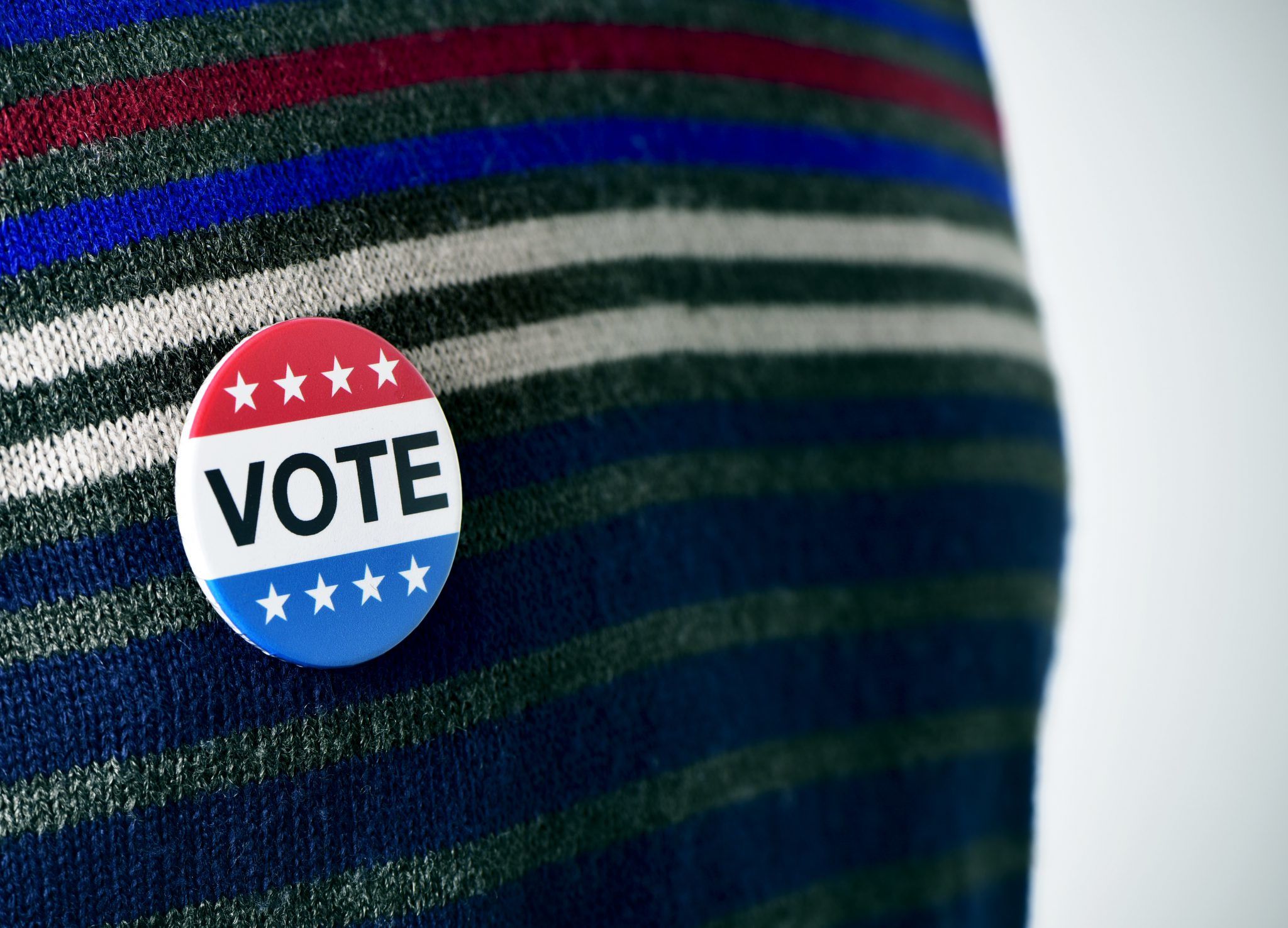By William White
With this colorful election in its final weeks, one can only hope that the next election will be less of a circus. Between now and then upperclassmen at independent schools will become registered voters. The complexities of our political system and the role newly minted voters can play in it can sometimes be overwhelming for soon-to-be college students who are attempting to juggle a multitude of other personal responsibilities.
I speak from personal experience when I say that political dynamics might not be in the forefront of most people’s minds while in high school, but they are definitely present on college campuses. At Kenyon College I was sometimes overwhelmed by the very strong liberal sentiment. The mention of conservative ideas was often met with derision or aggression. Personally, I view myself as a moderate, socially liberal and fiscally conservative, who has lived most of my life in the predominately liberal state of Maryland. Yet I fell that some parts of conservative economics do have their merits.
In order for the future college students and voters in your school community to undergo the smoothest transition to the American political system, they should be given some experience while in high school. One possibility could be to create a week of classes geared toward educating seniors, and possibly juniors, depending on when the next election is, on the characteristics of the USA’s two party system. These classes should have less of a focus on the history but an emphasis on how the system works and where they, the students, will play a part. Another area worth discussing is how voting for members of the Senate and the House of Representatives is as equally, if not more, important as voting for a presidential candidate. Another option, beyond having a week of educating seminars, would be to conduct a school debate with two different teams presenting the two different parties’ views on important and relevant economic and social issues.
What I oftentimes felt during my own independent school experience was that even if a student leans toward the side of Republican or Democratic view, s/he would have the openness to listen to the other point of view but that doesn’t apply to everyone. An equally important part of this education should also explain to students that having a bias toward either democrat or republican is understandable but that it shouldn’t move them to outright reject one party for the other. In this election the polarization between the Democrats and the Republicans has been intense. In my opinion neither candidate for the presidential election is a flawless nominee, each having their own pros and cons. A good perspective to impart to students might be to view politics in a manner that questions both sides and prevents students from being swept away with the over passionate majority.
What do you think? Have any opinions or ever thought up your own plan for educating future voters? Leave a comment and share your thoughts.
Dalton White is a recent graduate from Kenyon College. He majored in English with a creative concentration and is happy to use those skills while at Kalix.


